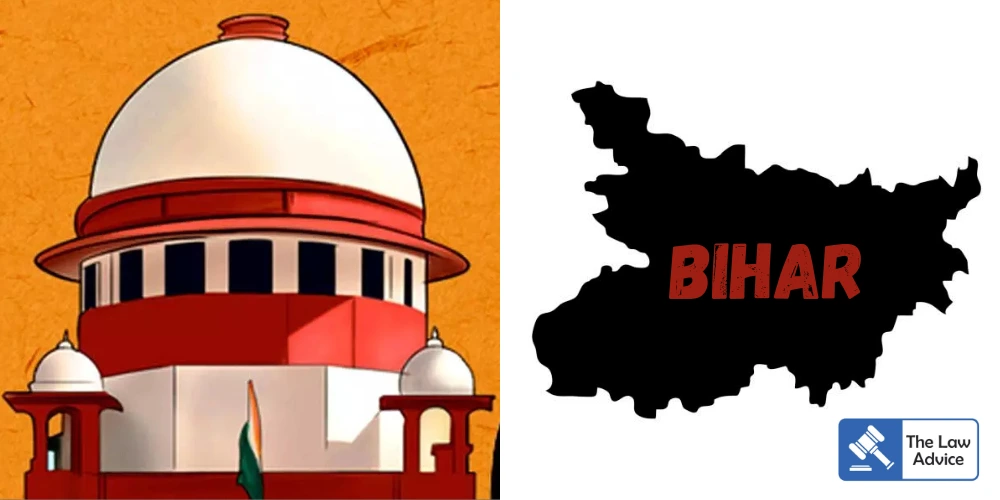New Delhi | July 28, 2025
In a crucial development affecting lakhs of voters in Bihar, the Supreme Court of India has declined to stay the Election Commission of India’s (ECI) ongoing Special Intensive Revision (SIR) of electoral rolls in the state. However, the Court has expressed serious concerns over the exclusion of commonly used identity proofs such as Aadhaar, Voter ID (EPIC), and Ration Cards from the list of acceptable documents for voter verification.
What Happened in Court?
The petition, filed by several opposition-backed organizations and concerned citizens, sought a stay on the SIR exercise, citing fears of mass voter exclusion. It was argued that the ECI’s current guidelines did not include Aadhaar and EPIC among valid documents to prove citizenship and eligibility, potentially leaving out over 65 lakh voters particularly those from marginalized backgrounds.
A bench comprising Justices Surya Kant and Joymalya Bagchi chose not to stall the process, stating:
“Revision of electoral rolls is a constitutional requirement. However, the exclusion of commonly held documents like Aadhaar or Voter ID from the verification process raises questions of fairness and accessibility.”
The Court asked the Election Commission to reconsider its position and provide clear reasons if it continues to exclude such documents.
Why the Controversy?
At the heart of the issue is a list of 11 documents approved by the ECI for verifying voter identity. Neither the Aadhaar card nor EPIC both widely held by Indian citizens were included. Critics argue that the move amounts to a “bureaucratic disenfranchisement” and disproportionately impacts those in rural and low-income populations.
The ECI, in its defence, claimed that these documents do not necessarily establish citizenship, and hence, are insufficient for voter inclusion.
However, the Court observed that:
• EPIC is issued by the ECI itself.
• Aadhaar is recognized under numerous government welfare schemes.
• Ration cards are used for identity verification in multiple state-run services.
The Court insisted that transparency and inclusivity must remain central to the electoral process, especially in a state like Bihar where digital access and documentation vary greatly across demographics.
What’s Next?
The ECI has been directed to file a detailed response justifying its decision by the next hearing date. Meanwhile, the draft electoral rolls are scheduled to be published on August 1, 2025.
The Court has made it clear that while it is not halting the voter roll update, it will closely monitor whether the process remains inclusive and constitutional.
Case Title: Loktantrik Jan Adhikar Manch & Ors. vs. Election Commission of India & Ors.
